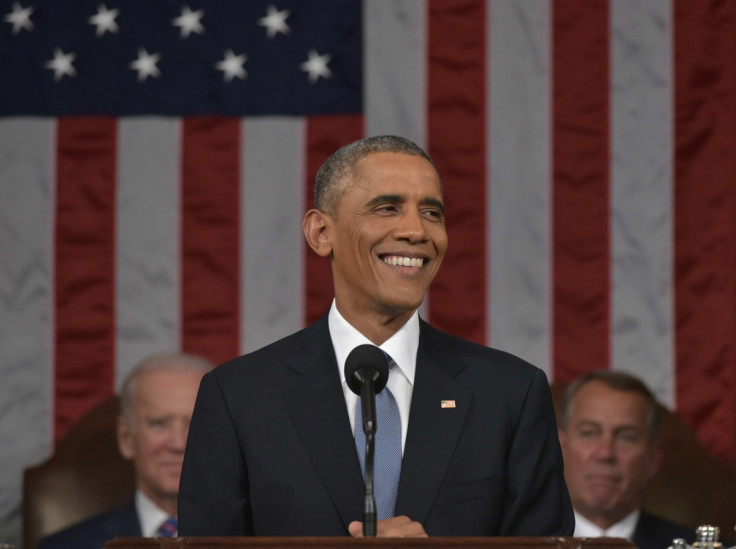US President Barack Obama to give final State of the Union address on 12 January

US House Speaker Paul Ryan's office announced on 30 November that President Barack Obama had been invited to give his final State of the Union address on 12 January 2016. The president accepted the invitation, officials at the White House confirmed.
"As we look ahead to the new year, we have both an opportunity and an obligation to find common ground to advance the nation's interests at home and abroad," Ryan wrote in the invitation letter. "We also owe it to the American people to present solutions that address the challenges they face."
According to The Washington Post, the upcoming State of the Union address will happen much earlier than in recent decades. The annual speech typically is delivered between late January and early February. The date for the next address is the earliest since President Gerald Ford's SOTU address on 12 January 1977.
The US Constitution calls for the president to report to Congress "from time to time" on "the state of the union". A senior House Republican leadership source told CNN that the earlier January date was selected by the White House. As is customary, the party not in control of the White House, in this case the GOP, is expected to deliver a response to the president's State of the Union address.
Obama's final State of the Union address will come about three weeks before Republican and Democratic voters head to the polls in early state primaries to choose their party's nominees for the upcoming presidential election. The first election, the Iowa caucuses, is tentatively scheduled for 1 February, while the first primary in New Hampshire is tentatively scheduled for 9 February. Donald Trump and Hillary Clinton are the frontrunners in the Republican and Democratic parties respectively.
© Copyright IBTimes 2025. All rights reserved.






















